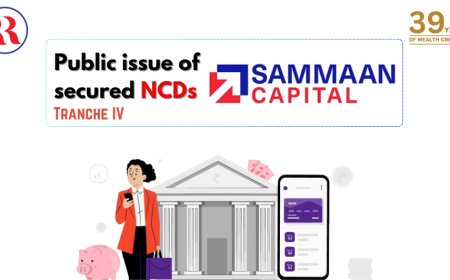Unlocking Peak Performance with Executive Business Coaching
I could use this space to tell you about my being a proven executive, business owner, CEO and all that other blah, blah, blah but what I really want to tell you is how much I love coaching.

In today's hyper-competitive and rapidly evolving business landscape, the demands on executives are immense. They are expected to be visionaries, strategists, motivators, and problem-solvers, all while navigating complex markets and leading diverse teams. Its a role that can be exhilarating, but also incredibly isolating and demanding. This is where executive business coaching steps in not as a luxury, but as a strategic imperative for individuals and organizations striving for sustained growth and peak performance.
Executive coaching is a powerful, personalized development process designed to unlock an executive's full potential. It's not about therapy or consulting; rather, its a forward-looking partnership focused on enhancing leadership capabilities, improving decision-making, refining communication, and achieving specific business objectives. Imagine having a dedicated, unbiased sounding board someone who challenges your assumptions, helps you identify blind spots, and provides the tools and frameworks to elevate your leadership to the next level. That, in essence, is the profound value of executive business coaching.
So, why are more and more leading organizations investing in executive coaching for their top talent? The reasons are compelling and far-reaching.
Strategic Clarity and Vision: Often, executives are so engrossed in day-to-day operations that they lose sight of the bigger picture. A coach helps them step back, gain perspective, and re-evaluate their strategic priorities. This external viewpoint can be invaluable in clarifying vision, setting ambitious yet achievable goals, and developing robust plans to reach them. Its about moving beyond reactivity to proactive, strategic leadership.
Enhanced Leadership Effectiveness: Effective leadership is a learnable skill, and coaching accelerates this learning curve. Coaches work with executives on critical leadership competencies such as delegation, team building, conflict resolution, and motivational strategies. They help leaders understand their unique leadership style, identify areas for improvement, and develop actionable plans to become more impactful and inspiring. The ripple effect of an improved leader often translates into a more engaged and productive workforce.
Improved Decision-Making: High-stakes decisions are a constant for executives. A coach provides a safe space to explore various options, analyze potential risks and rewards, and stress-test assumptions before committing to a course of action. They can introduce frameworks for critical thinking and help executives navigate complex dilemmas with greater confidence and clarity, leading to more sound and impactful decisions.
Mastering Communication and Influence: The ability to communicate clearly, persuasively, and empathetically is paramount for executives. Coaching often focuses on refining communication styles, improving presentation skills, and developing strategies for effective negotiation and influence. This not only strengthens internal relationships but also enhances external stakeholder engagement, leading to better business outcomes.
Navigating Change and Transition: The business world is in a constant state of flux. Mergers, acquisitions, market shifts, technological advancements all demand adaptability and resilience from leaders. An executive coach can be a vital guide during periods of significant change, helping executives manage stress, maintain focus, and lead their teams through uncertainty with greater confidence and less disruption. They provide strategies for fostering resilience and embracing disruption as an opportunity for growth.
Personal Growth and Well-being: Beyond the professional benefits, executive coaching often has a profound impact on an executive's personal growth and well-being. By developing self-awareness, managing stress more effectively, and finding a better work-life balance, executives can experience greater job satisfaction and overall fulfillment. A coach can help identify and address limiting beliefs, fostering a mindset of continuous learning and personal mastery.
Accountability and Focus: One of the most understated benefits of coaching is the built-in accountability it provides. Knowing you have regular check-ins with a coach who holds you to your commitments can be a powerful motivator. This structured approach helps executives stay focused on their goals, track progress, and make necessary adjustments along the way, ensuring consistent momentum towards desired outcomes.
In conclusion, executive business coaching is no longer just for struggling leaders or those needing a quick fix. It is a proactive investment in human capital, designed to cultivate high-performing leaders who can navigate complexity, inspire teams, and drive sustainable growth. For organizations, it means a stronger leadership pipeline, improved employee engagement, and a more resilient and adaptable workforce. For executives, its an unparalleled opportunity for self-discovery, professional acceleration, and ultimately, unlocking their true potential to lead with impact and leave a lasting legacy. If you're an executive looking to elevate your game, or an organization committed to nurturing its top talent, the time to explore executive business coaching is now.































